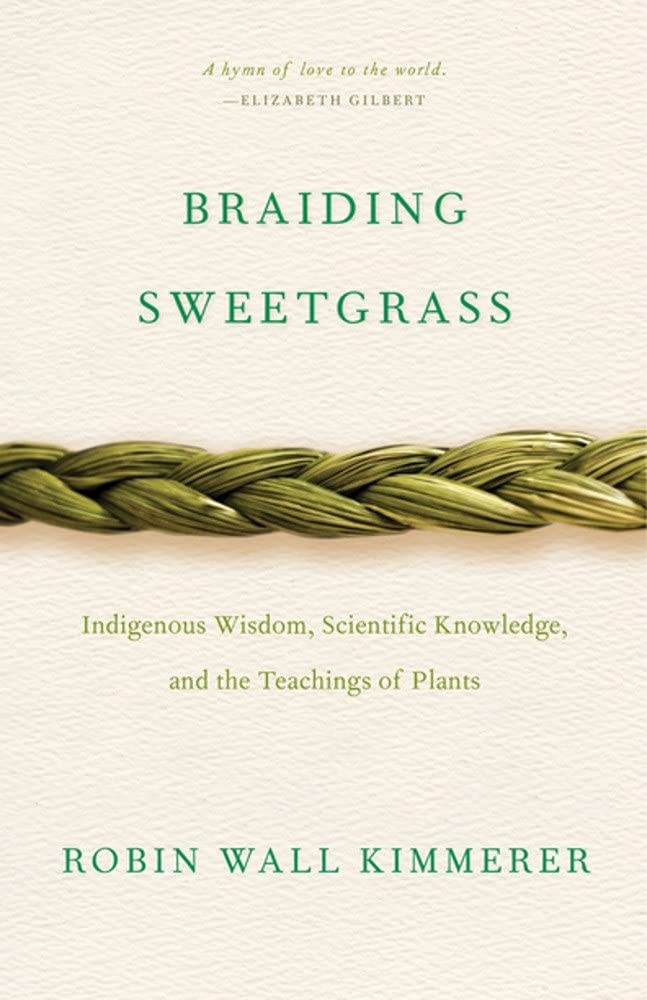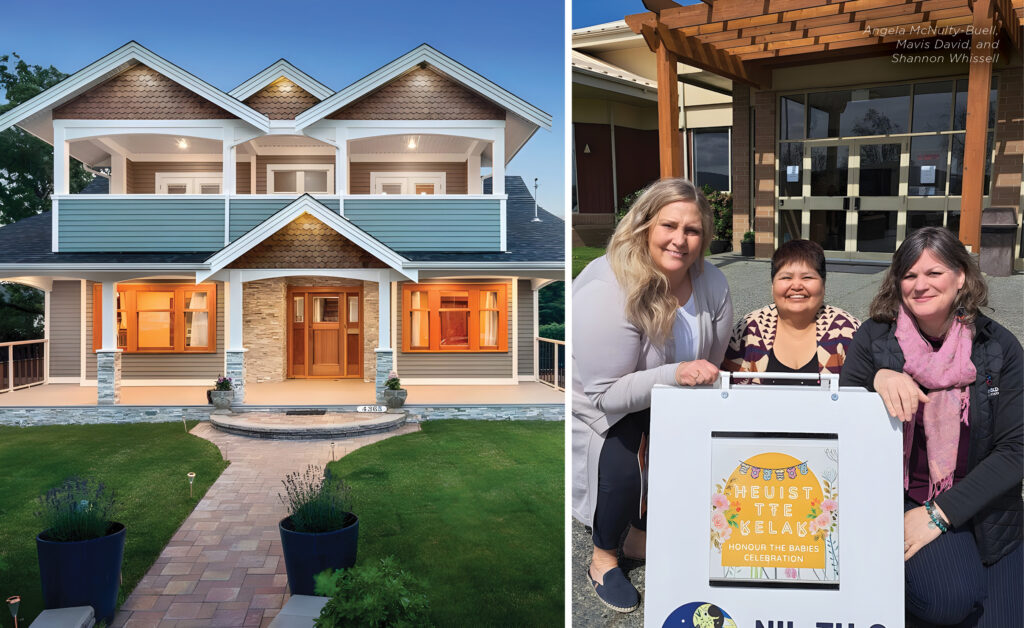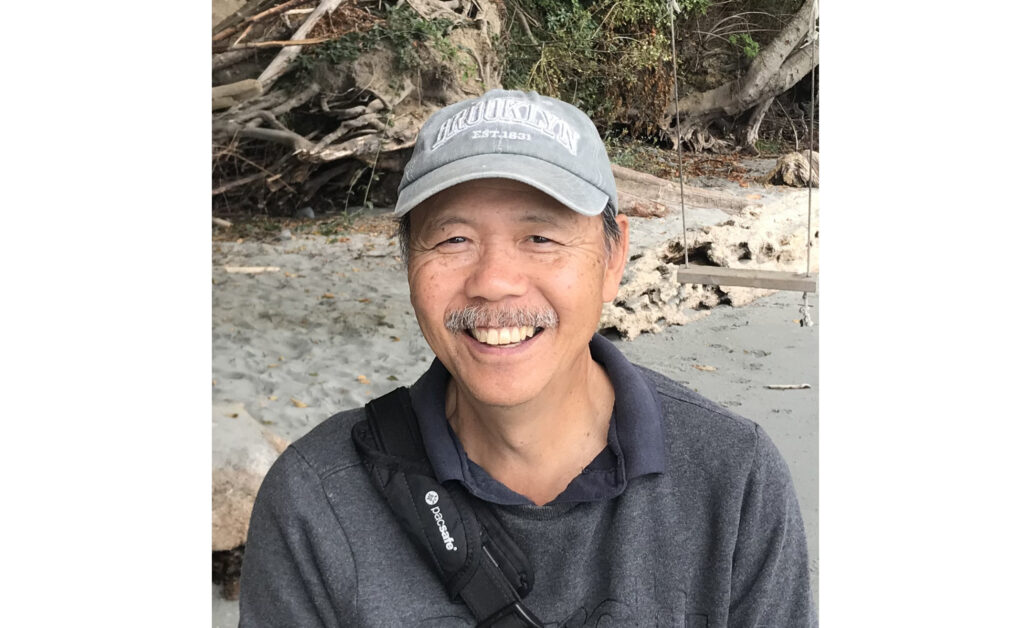by Deborah Rogers –
The selection discussed at our September meeting is a bit of a sleeper success. Robin Wall Kimmerer’s Braiding Sweetgrass was originally published in 2013 by an independent publisher; this year it hit the New York Times bestseller list and has seen a surge of interest, reviews and book sales. It seems like this is a book that the world wants and needs to read. That’s certainly the impression that our group gave as we heard from many saying that they’d been recommended it by friends, had it on a reading list or pile for months or in fact had read it before and been recommending it to others ever since.
Structured as a series of essays, this beautiful book weaves together Indigenous learning and scientific teachings to explain the way that Wall Kimmerer views and approaches the world. She is a Professor of Environmental and Forest Botany and is a member of the Citizen Potawatomi Nation. Her writing style is thoughtful, lyrical and poetic as she looks at the natural world that surrounds and supports us, and questions the way that humans interact with it. She writes from her perspective as a scientist but also as a mother and a daughter, and as someone living in the United States with Native American heritage.
For some of the readers in our group this style of environmental writing was not new, but for many the book was a fresh take on a subject that is daunting and where writers can have the tendency to frighten and hector. Wall Kimmerer’s style is to teach through story and she weaves Indigenous tales through the book, alongside stories from her life, to illustrate the lessons she wants to impart. Several of our readers spoke of the way that they felt they had had their eyes opened by this book, or that it connected to things that they felt deeply inside themselves but had been unable to articulate themselves.
At the heart of the book is the notion of reciprocity. Our natural world is a gift to us, providing everything that we need as a species to survive, and if we were to treat it as such (instead of as a resource to exploit) then our relationship with the planet would be different. When the act of taking is tied directly with the act of giving our behaviour changes. The message is embedded in all the stories Wall tells, softly underlining her explanations of harvest, of forest management or caring for the water and plants and animals.
I fell completely under the spell of Braiding Sweetgrass and have already recommended it to others. I’m grateful that the Book Club brought this book into my life.
Next month’s meeting takes place on Zoom on October 13. Members are invited to read any of the books written by American author Lisa See: we’ll compare, contrast, and discuss character and themes. To sign up to our Book Club email list visit www.seasidemagazine.ca/book-club/




